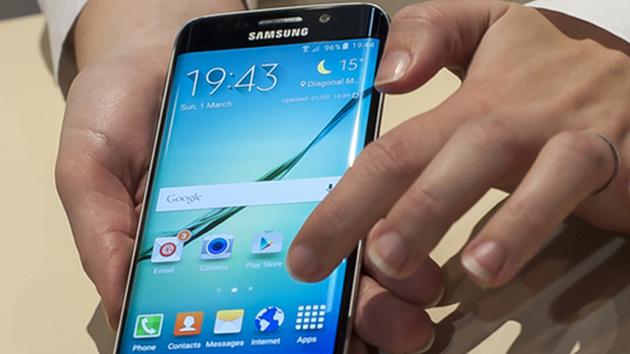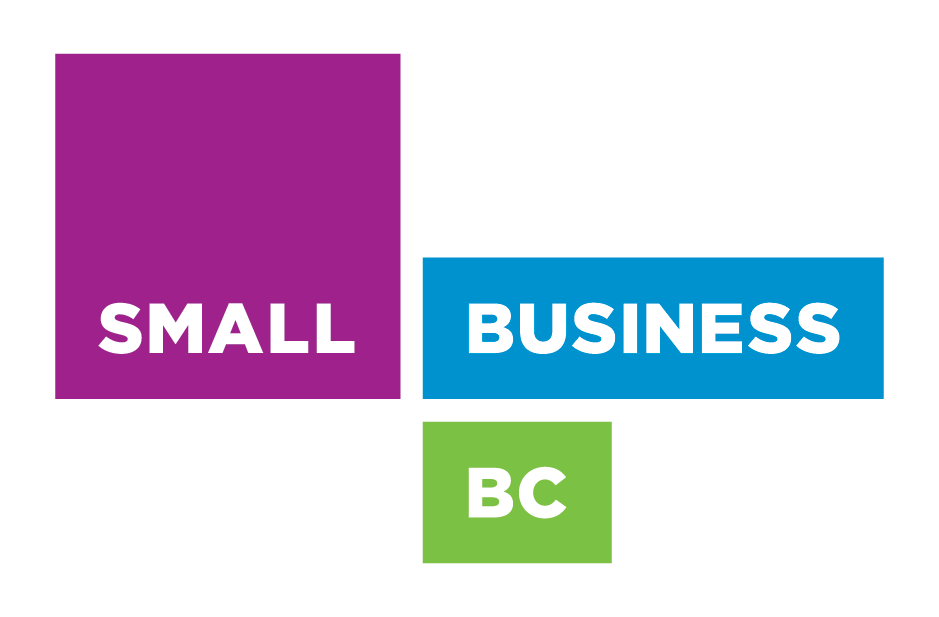Vancouver – The BC Civil Liberties Association (BCCLA) and the Samuelson-Glushko Canadian Internet Policy and Public Interest Clinic (CIPPIC) released the online guide “Electronic Devices Privacy Handbook – a Guide to your Rights at the Border.”
The quickly changing legal landscapes at the Canadian border and at U.S. preclearance areas have left many travellers wondering whether they can safely cross the border while protecting the sensitive personal and professional data contained in their electronic devices.
Bottom line, CBSA border guards can check into your smart phone. The same applies for US Border Guards.
The Electronic Devices Privacy Handbook helps travelers understand what is known about their data privacy rights at these border areas, best practices for securing digital devices and interacting with border officers, and what to do if they’ve been searched.
What this guide does:
- Rights at the Canadian border – What can and can’t be done by a CBSA officer when they decide to search your electronic devices?
- CBSA policies – What exactly do CBSA officers do when they are searching your electronic devices?
- Rights at U.S. preclearance areas – What can and can’t be done by a preclearance officer when they decide to search your electronic devices?
- Best practices – What steps can you take to keep your data private and secure?
- I’ve been searched! – What should you do if your electronic devices have been searched by the CBSA?
“As we keep more and more personal information on our smartphones and laptops – from private conversations with friends or colleagues to our health and financial information – it’s important for travelers to be aware of the risks involved with device searches, and the extent to which they can protect ourselves at the border,” said Meghan McDermott, Staff Counsel with BCCLA. “Although the Canadian Border Services Agency does not publish their operational policies, we’ve carefully reviewed court cases, parliamentary reports and materials released under access to information requests to build a comprehensive picture of what one can expect in terms of electronic device searches at the border.”
This handbook has insight into who may be ” typical targets”:
- Single men traveling alone
- Importers of items that CBSA believes are suspicious, like manga and anime
- Travelers who have purchased last-minute tickets
- People who seem nervous
- Those carrying multiple electronic devices, including hard drives













